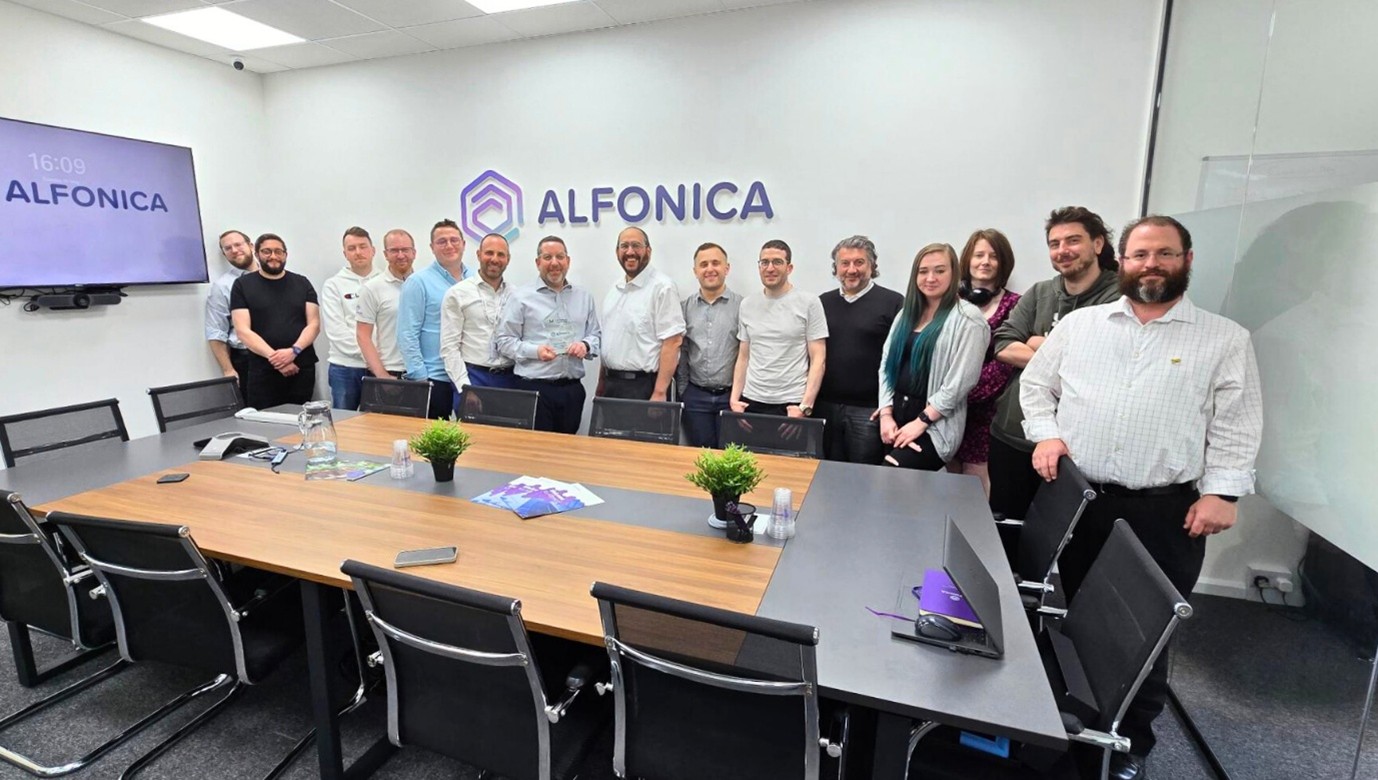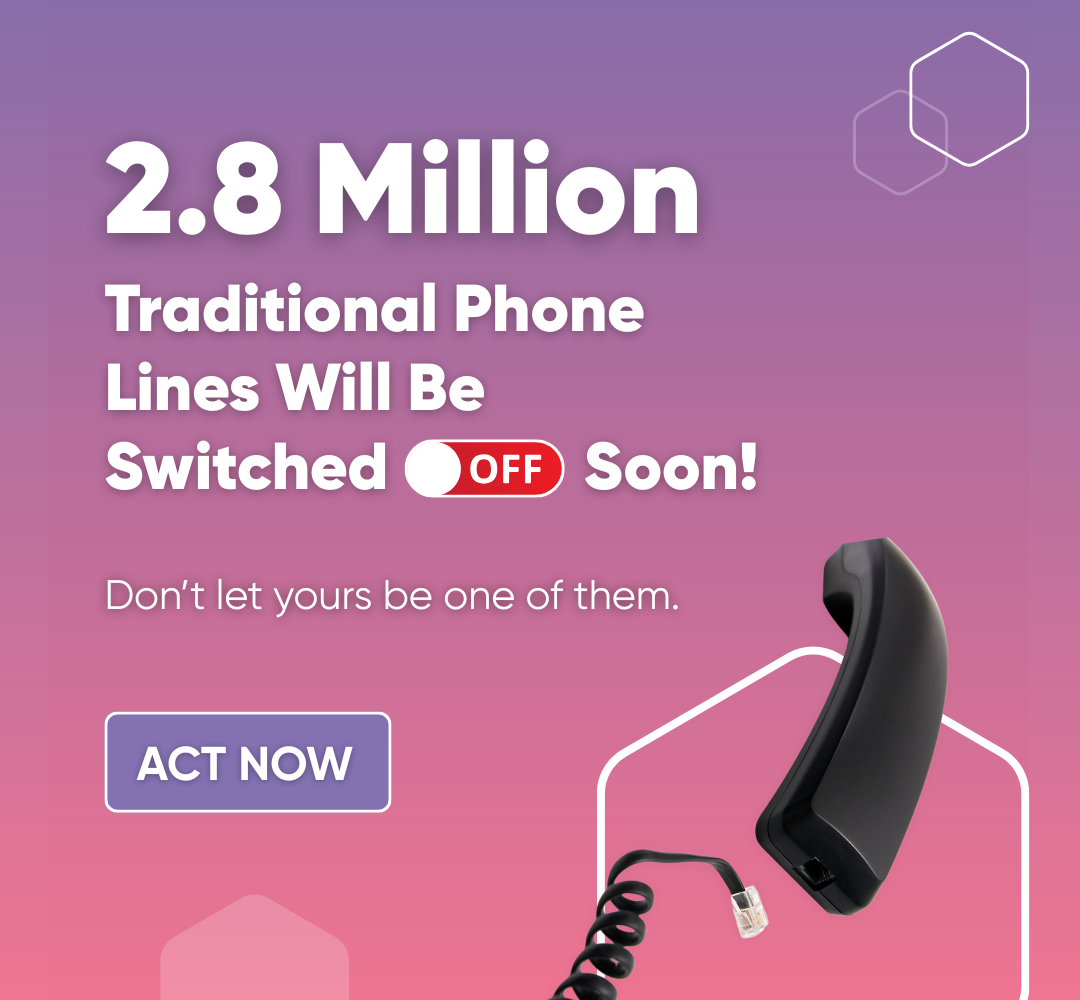Back in 2015, BT announced they will switch off the PSTN and ISDN networks in 2025. This is the biggest change in the telecoms industry for over 30 years, but how will it affect your business? We’ve covered everything you need to know to help you prepare for the approaching deadline.
What is the PSTN and ISDN switch off?
PSTN stands for the Public Switch Telephone Network. The PSTN network supports several Openreach products, including the Integrated Services Digital Network (ISDN). At the end of December 2025, traditional telephony (including fixed lines and features in the PSTN) will be switched off and withdrawn from service.
Why are PSTN and ISDN being switched off?
PSTN allows calls to be made over copper and fibre telephone lines using analogue signalling. This is known as “traditional telephony”. As broadband services have increased in quality and reliability over the past decade, the PSTN has evolved to become an almost completely digital network. This means that there won’t be a requirement for most traditional fixed line telephony users for fixed-analogue services. In the next few years, traditional fixed lines and calls will no longer exist.
Moving forward, the priority for Openreach is to install and maintain a high availability fibre network. As a result, the legacy infrastructure and equipment which serves the PSTN is ageing and becoming more difficult to maintain.
Stop Sell has already started – take action now
Openreach have already begun the withdrawal of ISDN/PSTN services by issuing Stop Sell Notices. A Stop Sell Notice restricts the sale and provision of ISDN/PSTN services in a telephone exchange, in preparation of its retirement in that area.
What’s the alternative?
Openreach products are now a Single Order (SO) variant of either ADSL or Fibre broadband services. Openreach’s broadband only FTTC replacement is known as Single Order Generic Ethernet Access (SOGEA). Their broadband only ADSL replacement is called Single Order Transition Access Product (SOTAP), and this is used in areas where fibre isn’t available. These new broadband services do require investment in equipment and a VOIP service for hosted voice, so it’s recommended that you choose a communications provider (like Alfonica!) to help you.
What’s next?
We can help you migrate from ISDN to the newest, future-proof solutions, and we’ll be there every step of the way. Leave the acronyms and the jargon to us, and we’ll design a solution that’s tailored to your needs. We make connectivity, communication and collaboration easy.
Simply call us on 0330 135 5000 (Opt 2) or drop us an email at sales@alfonica.com




